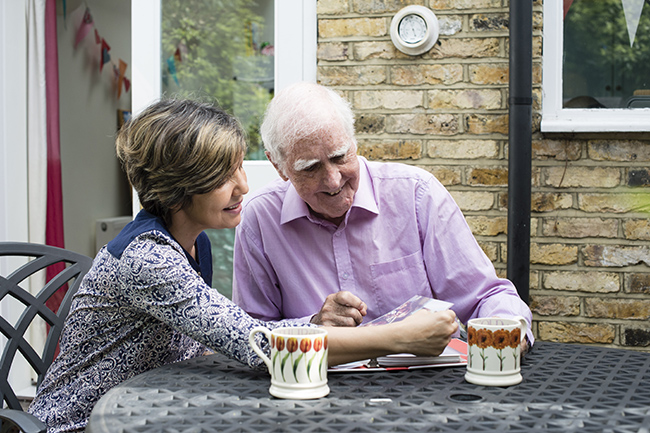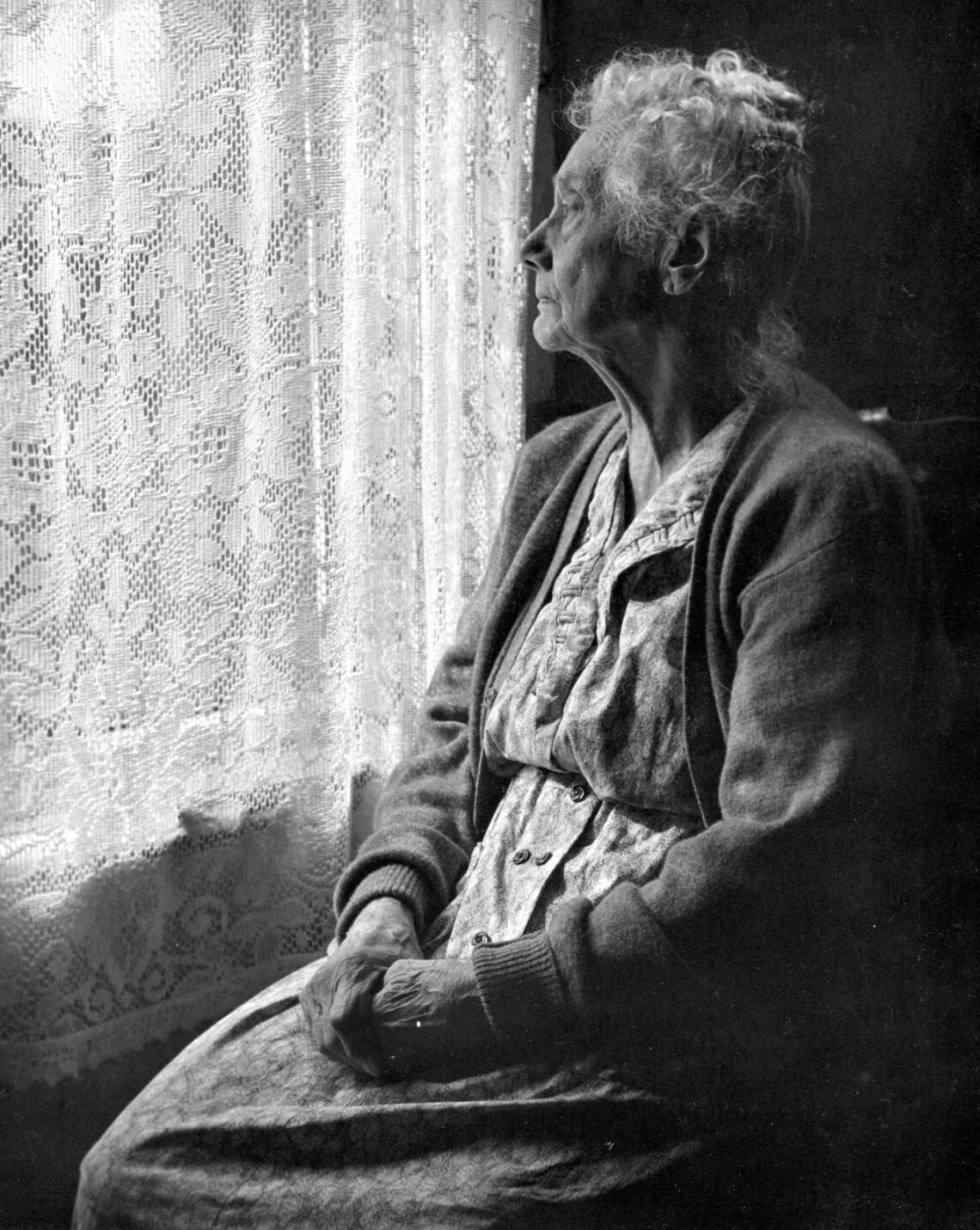Articles related to
Health
Rapidly progressive dementia: What caregivers need to know
Rapidly progressive dementia (RPD) is a rare condition that causes a decline in memory, behaviour, and physical ability. While most forms of dementia develop over years, RPD progresses within weeks or months. This rapid change often leaves families struggling to…

Creating a care package for an elderly loved on leaving hospital
Bringing an elderly loved one home after a hospital stay brings relief, but it also raises questions. How will they manage daily tasks? What support do they need during recovery? These concerns are natural when someone you care about needs…
Funding Live-in Care
Live-in care is an increasingly popular option for those who require assistance with daily activities but wish to remain in their own homes. For many, it’s a preferable alternative to residential care, offering a sense of independence and comfort. However, the cost of live-in care can be substantial, and understanding the various funding options available is crucial for making informed decisions. This article delves into several key funding sources: Attendance Allowance, Direct Payments, Immediate Needs Annuity, Equity Release, and NHS Continuing Healthcare. Attendance Allowance Attendance Allowance is a benefit provided by the UK government for individuals aged 65 or over who need help with personal care due to physical or mental disability. It’s a non-means-tested benefit, meaning it’s available regardless of income, savings, or national insurance contributions. There are two rates – a lower rate for those who need daytime help and a higher rate for those requiring around-the-clock care.…
Would you like to know more about Hometouch's high quality live-in care service?

Live-In Care Packages – What Social Workers Need to Know
For many elderly citizens and those with disabilities, living independently is more than a challenge; it can be downright impossible. Live-in care is becoming an increasingly popular way for those in need of extra help to remain in their own…
Speak to one of our knowledgeable care advisers about Hometouch’s high quality live-in care service

The best clocks for people living with dementia
Losing track of time is one of the early symptoms of dementia. Whether it’s a missed doctor’s appointment or a frantic phone call about whether they’ve had lunch, losing track of time can be a distressing experience for your loved…
What is the CQC (Care Quality Commission) And What Do They Do?
The CQC, or the Care Quality Commission, independently regulates health and social care in England. The CQC is in charge of ensuring that people receive the care they need.We’re here to help. Call us if you have any questions about our exceptional live-in care.020 3870 4220 It regulates care in areas of safety, effectiveness, compassion and quality. These are five standards by which the CQC reviews care providers: Safe – You stay protected from any abuse or harm through registered agencies.Effective – You fully benefit from the treatment or service being provided.Caring – The service hires staff that treat you with compassion, kindness, dignity, and respect.Responsive – The service is organised and quick to respond to your needs.Well-led – the leadership, management, and governance of the organisation make sure it’s providing high-quality care. What are the CQC’s values? The CQC defines their values as: Excellence – be high-performing as an…

Brain health
First of all, understand what is causing the reluctance to seek help in logical and objective terms. It can be a perfectly legitimate response for your parent not to accept support in certain areasof their life, especially where privacy and…

Live-in Dementia Care or Care Homes: What’s the Difference?
People with dementia, as well as their loved ones, struggle with a variety of problems on a daily basis. The affected person experiences issues with their cognition and memory, which is confusing and frightening, while the family and friends around…
Live-in Care vs Other Types of Care: What Are the Key Benefits?
When a loved one, either from advanced age, injury, or illness, starts showing signs that they may benefit from personalised professional care and support because they are finding it difficult to live on their own, there are a number of options to consider. As to how to give a loved one the specialised attention and care they need, it is a tough choice to make. Before making this important and challenging choice, it’s best to get as much information as possible. In this article, we’ll examine the various options to provide care for an elderly loved one, or one who is sick or injured, or any combination thereof. Choosing the right type of care for your loved one can be challenging. There are many types of care, and the most important thing to consider is what they need and what you want them to have. For instance, if you know…

What’s the life expectancy for someone with dementia?
Want to know more? Get our FREE definitive home care guide now! Get your guide Each person will have an individual experience of dementia. The speed and pattern of progression of the disease can differ-but the condition is progressive and…
Apply for live-in care jobs
Hometouch has been one of the best companies I have worked for in the care sector! I have always been told I’m appreciated and been made to feel like it too. I’m so happy to be a part of the Hometouch team
Shaheen

£750 - £900 per week. Double bank holiday pay
You choose your own clients
Clinical support
Free training, webinars and supervision